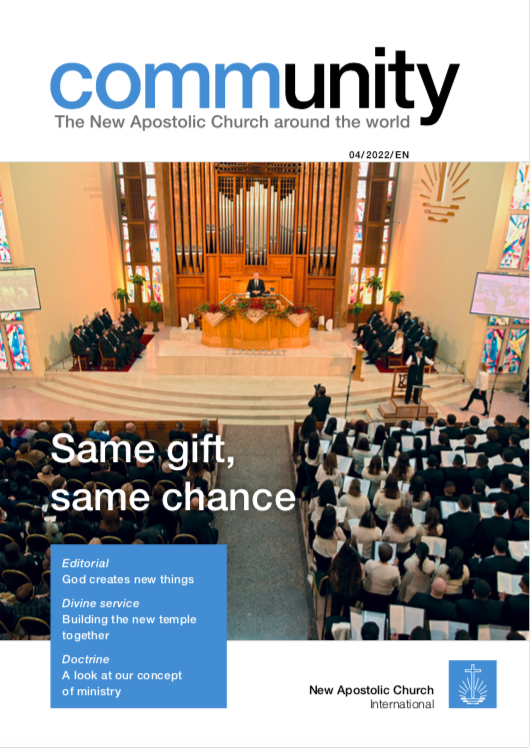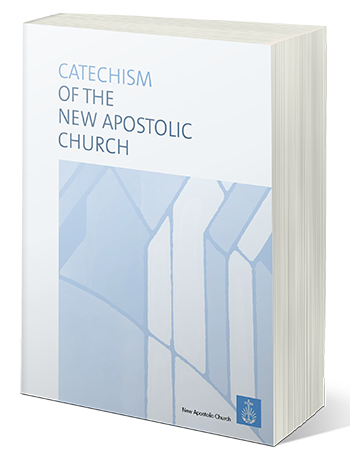Midweek Devotional: 26 August 2020
“If any of you lacks wisdom, let him ask of God, who gives to all liberally and without reproach, and it will be given to him.”
James 1: 5
Introduction
At the beginning of the epistle of James we are told of trials that have to be overcome by the faithful. The author makes it clear that the way to overcome these trials is through wisdom.
Wisdom
Wisdom is an essential godly quality. Among other things, it enables us to shape our lives according to the will of God and to use our common sense. In Proverbs 24: 3 it says: “Through wisdom a house is built, and by understanding it is established.” This expresses the constructive and edifying role of wisdom. What is built by wisdom will be preserved by the understanding of what is both needful and possible. By having wisdom, the trials of life, which the faithful have to pass through, can be seen as a test and also a chance to prove our faith
The plea for wisdom
The letter of James not only points out how important wisdom is, it also advises us to ask God for wisdom because some shortcomings can only be overcome with God’s help and not with just our own strength. It makes clear that God will indeed help and that those who recognise a lack of wisdom within themselves will not be condemned by God, but will be supported to overcome this shortcoming. It is therefore not perfection which is demanded of us, but rather a recognition of our own shortcomings and the desire to correct them.
Effects of wisdom
James 3: 17 points out that wisdom comes from God and makes clear what effect wisdom has on behaviour within the congregation: “But the wisdom that is from above is first pure, then peaceable, gentle, willing to yield, full of mercy and good fruits, without partiality and without hypocrisy.”
Wisdom is therefore demonstrated by our behaviour. Among other things, it is determined by peacefulness. Whoever is wise, endeavours to radiate peace and promote it amongst others. The wise man is committed to a conversation in which he tries to balance tensions and come to a position of unity. Those who are wise are also guided by goodness and mercy which is the example given by Jesus Christ. Following the teaching in the parable of the Good Samaritan we reach out to our neighbour who is in trouble and needs our help (Luke 10: 30–37). Finally, wise behaviour also includes avoiding hypocrisy and this is why the letter of James calls us not to pretend to be devout, when in reality we have “bitter envy and self-seeking” in our hearts (James 3: 14). Truthfulness is an essential characteristic of the wise man!
It is only when everyone strives after wisdom, has a longing for it, and prays to God for it, can our own life and the life of the congregation succeed!
WG DSG 08/2020


